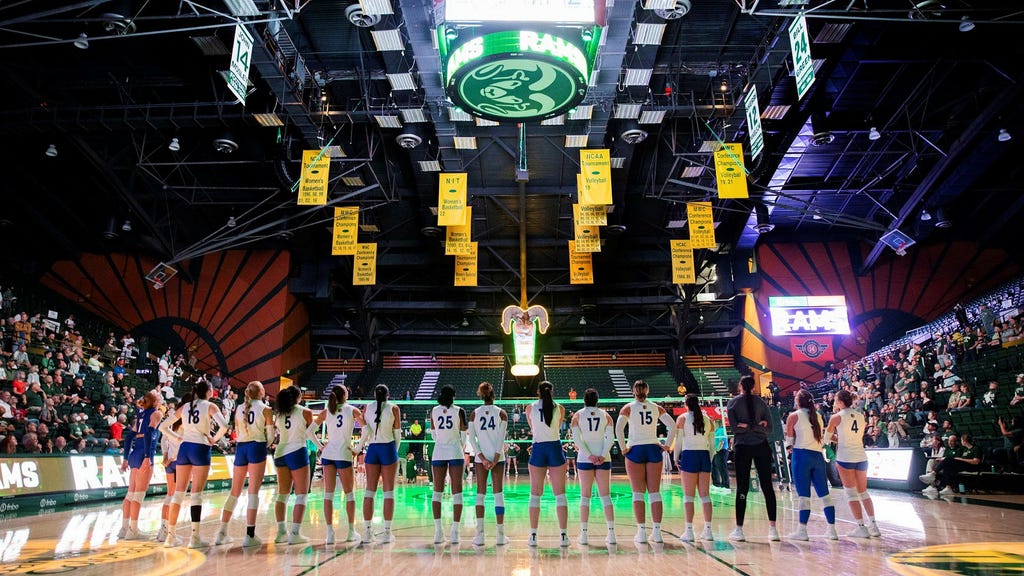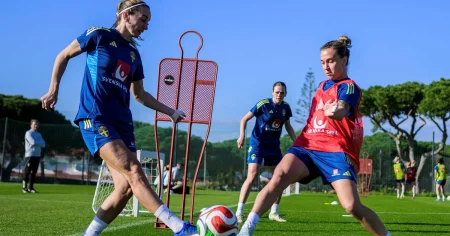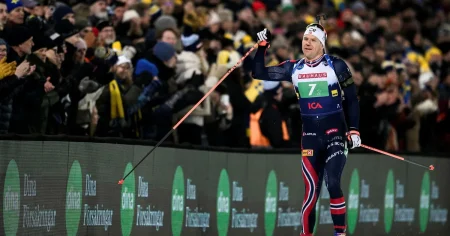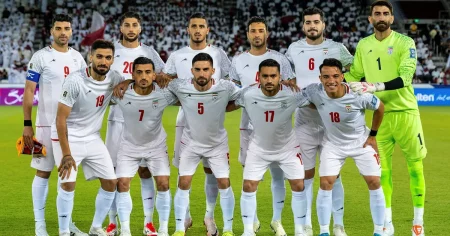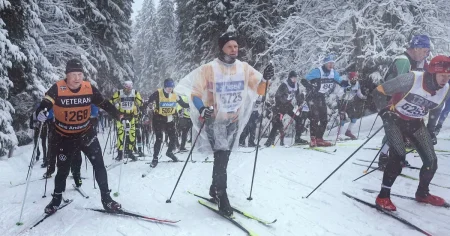The 2024 US presidential election campaign saw the issue of transgender athletes in sports thrust into the national spotlight, ignited by a sequence in a women’s college volleyball game. Then-candidate Donald Trump, at a rally, cited a video clip of a San Jose State University Spartans player, reported to be transgender, hitting a ball that an opposing player blocked with her arms, causing her to fall. Trump incorrectly claimed the ball hit the opponent in the head, further fueling the already contentious debate surrounding transgender athletes’ participation in sports. This incident originated from an article published on the anti-trans website Reduxx, which highlighted the presence of a transgender player on the Spartans team.
The situation escalated quickly, with opposing teams refusing to play against the Spartans, resulting in six forfeit victories for the team. Brooke Slusser, a teammate and roommate of the transgender player, filed a lawsuit against the NCAA’s rules permitting transgender participation. Slusser expressed her concern about the fairness of the competition, arguing that having a ”male player” on the Spartans team created an unsafe and unfair playing field for other teams. While acknowledging the importance of volleyball, she emphasized the greater importance of fair competition. This internal conflict within the team created a challenging dynamic for the Spartans, with the coach, Todd Kress, noting the difficulty of players having to compete alongside someone they were actively opposing in legal proceedings.
The debate surrounding transgender athletes in sports is not new, having gained significant momentum two years prior with the case of swimmer Lia Thomas, who transitioned from male to female and began competing in women’s collegiate swimming. The political landscape had already begun shifting, with states like Idaho enacting legislation to bar transgender girls and women from competing in female sports categories. Barbara Ehardt, the Idaho Republican politician behind the legislation, framed the issue as biological males having an unfair advantage over biological females, furthering the narrative of inherent physical differences dictating sporting outcomes. This legal and political backdrop significantly influenced the reception of the Spartans volleyball situation.
The Spartans’ transgender player, who had previously competed without incident, remained silent throughout the controversy, adding another layer of complexity to the unfolding situation. Slusser’s lawsuit claimed the player hit the ball harder than any woman she had competed against, highlighting the perceived physical advantage provided by male puberty. However, a subsequent ESPN analysis revealed that while the player led the team in decisive spikes, their overall statistics did not indicate exceptionally hard hits, nor did they significantly outperform their teammates. This countered the narrative of an insurmountable physical advantage, raising questions about the validity of concerns regarding fair play.
The case highlighted the diverse perspectives within the sporting community. Akasha Anderson, a player from Michigan State, found the focus on the alleged danger of the transgender player’s hits ”ridiculous,” pointing out that many teams train with male players, thus negating the argument of an unprecedented level of force. This observation brought to light the existing practice of mixed-gender training, challenging the notion that the presence of a transgender woman inherently posed a unique safety risk. The incident underscores the complexities of integrating transgender athletes into existing sporting structures and the varying perceptions of fairness and safety.
Ultimately, the San Jose State Spartans’ season concluded with a loss in the Mountain West conference championship game against Colorado State. Their journey to the finals, however, was marked by controversy and boycotts, with Boise State forfeiting their semifinal match rather than facing the Spartans, representing the third such instance by Boise State. This underscored the deep divisions and ongoing debate regarding the inclusion of transgender athletes in women’s sports, leaving unresolved questions about how to navigate the intersection of inclusivity, fairness, and the evolving understanding of gender identity within the sporting world. The Spartans’ season, and the national attention it garnered, became a microcosm of the larger societal struggle to reconcile conflicting values and define the parameters of fair competition in an increasingly diverse sporting landscape.





